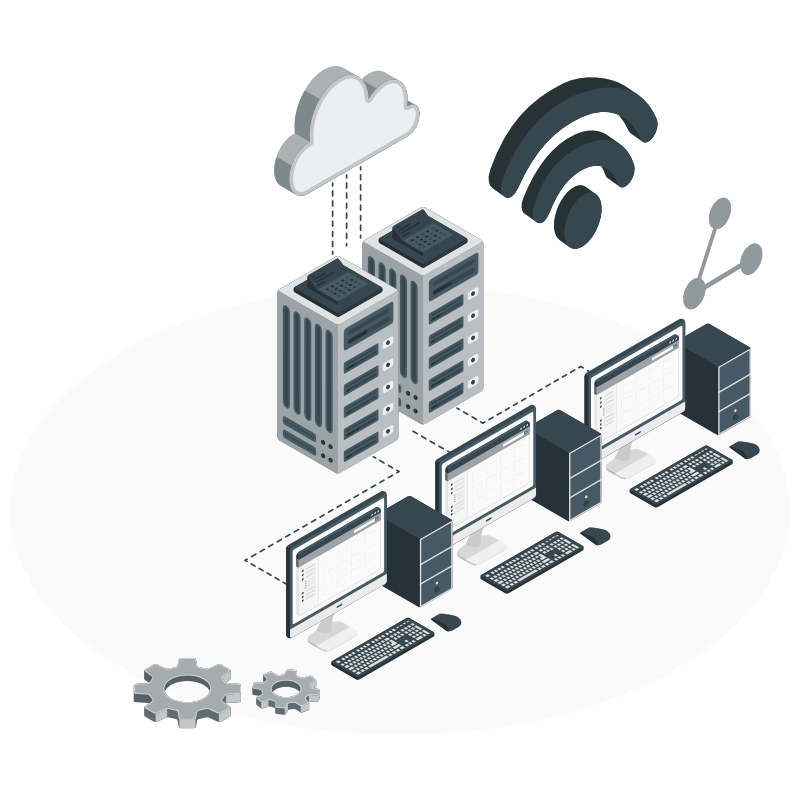Healthcare IT Solutions: Secure, Compliant, and Efficient
Safeguard patient data, ensure HIPAA compliance, and streamline operations with our tailored IT solutions for healthcare organizations.
Small healthcare practices, such as clinics or dental offices, require secure, compliant IT systems to manage patient data and support telehealth. Our solutions include robust infrastructure for Electronic Health Record (EHR) systems, HIPAA-compliant security measures, vendor contract negotiations for EHR and cybersecurity providers, and project management for seamless system deployments, ensuring patient care and compliance.
- Protect Patient Data
- Streamline Operations
- Support Telehealth Initiatives






